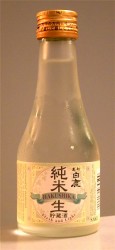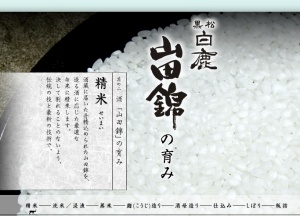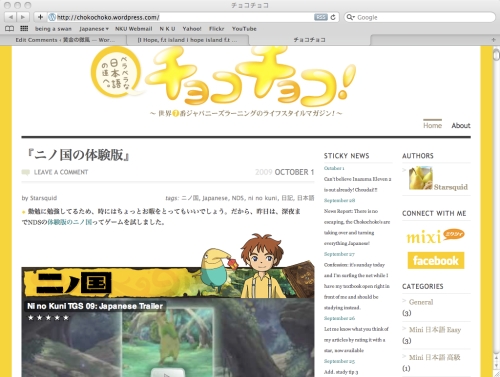We’re sick! We’ve been trying to avoid it–using hand sanitizer up the wazoo–but it finally happened. Both Phoenix and I are sniffling and coughing and not feeling that good at all! Just when I thought I was going to get a couple of nice days off from school to rest and chillax, here I am feeling like death on a stick!
Starsquid over at チョコチョコ has issued somewhat of a challenge! In “Confessions of a study-book-shopaholic” he lists the humongous amount of Japanese study books that he has. OH MY! What a list! So, now I’m sort of tempted to dig out all of mine and give them some serious air time in a 本のチャレンジ!! I doubt I’ll win, but looking at my bookshelf, I can perhaps at least come a little close!!! So, my friends, check back later for the post!!! It will be quite amusing, if nothing else!
That being said, I am going to get ready, have my coffee and head off to the doctor. Schools and busses must be contacted and so on and so on. Who said being sick was a cop out? They’re wrong!!!


 “Hakushika means “white deer.” This brand name comes from the mystic legend of a white deer with spiritual powers in China… Once upon a time, Emperor Hsüan-tsung (712-756) found a white deer straying into the lotus garden of his palace. It had a copper medal at the base of its antler. The words engraved on the medal proved that this beautiful animal had been alive over a thousand years. Emperor Hsüan-tsung was so delighted at this good omen as to give a feast and he cherished the white deer as a holy animal. According to this tradition, White deer—Hakushika—has been recognized as a symbol of longevity of a thousand years. We named our sake Hakushika after this auspicious holy animal with a wish that our sake should be always synonymous with life energy flow, longevity and good omen.”
“Hakushika means “white deer.” This brand name comes from the mystic legend of a white deer with spiritual powers in China… Once upon a time, Emperor Hsüan-tsung (712-756) found a white deer straying into the lotus garden of his palace. It had a copper medal at the base of its antler. The words engraved on the medal proved that this beautiful animal had been alive over a thousand years. Emperor Hsüan-tsung was so delighted at this good omen as to give a feast and he cherished the white deer as a holy animal. According to this tradition, White deer—Hakushika—has been recognized as a symbol of longevity of a thousand years. We named our sake Hakushika after this auspicious holy animal with a wish that our sake should be always synonymous with life energy flow, longevity and good omen.”










